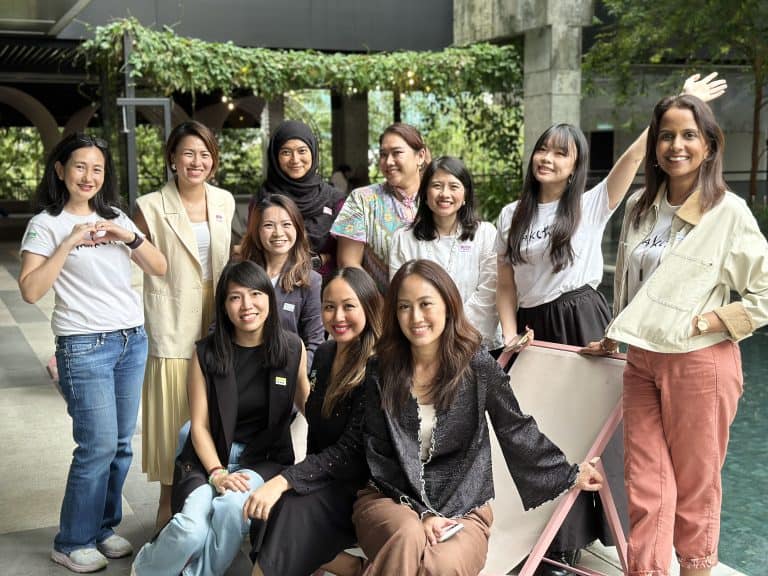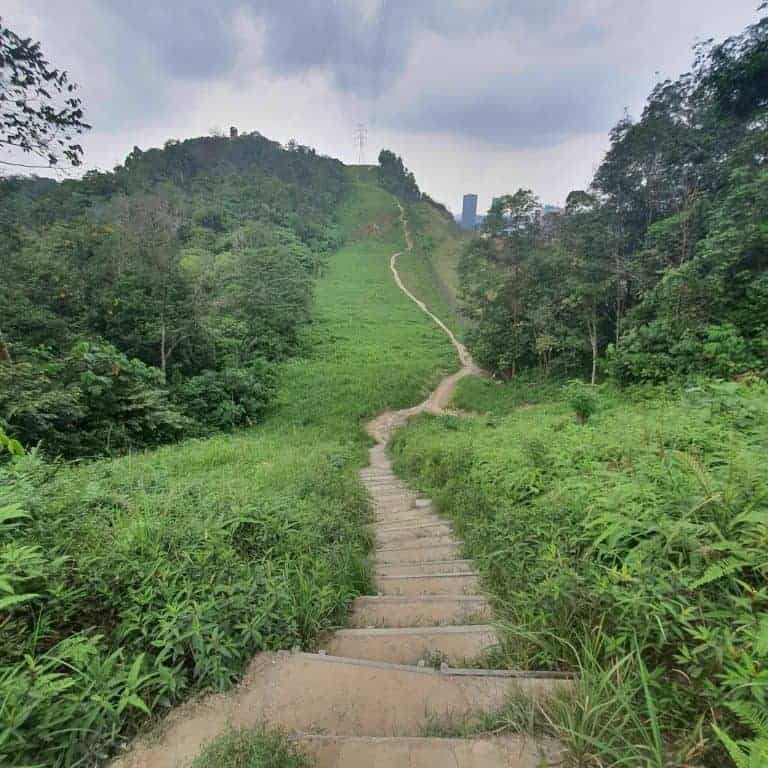We all have stories, no matter where we’re from, about how the world used to be safer and more innocent than today. I remember my dad giving random pedestrians lifts to the bus stop as he drove us to school, and can’t imagine anyone doing that now. Instead we drive with the doors locked and handbags in the boot, and make sure someone walks us to our cars in basement parking lots. This climate of fear has worsened over the last ten years or so, particularly in the Klang Valley, and so we are naturally more vigilant.
However, as we make sure to protect our kids from the would-be criminals, I wonder if the trickle-down effect also translates into us sheltering them a bit too much.
The extreme version of this is what happens as a result of helicopter parenting, when children grow completely dependent on their parents to make decisions for them and defend them, even into adulthood. And while I’m not quite comfortable with dropping Alex off in a play area like the one featured here in Wales, where children roam around in a junkyard of their own making, I do try and encourage him to be as independent as he can at his age.
For what it’s worth, here are some talking points related to fear and safety, and learning both as part of a child’s development.
Child-proofing
New parents are made fully aware about what a danger zone your home is for a little person, and through extensive safety checklists for each room in the house, are encouraged to get everything from outlet protectors to toilet seat locks.
I never quite bought into this, however. I make sure cleaning products and sharp objects aren’t within Alex’s reach, but otherwise the way we’ve child-proofed is by warning him verbally.
When he hurts himself – pinched fingers, bruised leg – he cries and we explain that he needs to be careful.
We also don’t make a fuss when he falls down, though it’s frustrating when strangers don’t react in the same way!
Developing independence
We’ve all heard about the Scandinavian parents who leave their kids parked in their strollers outside while they have a coffee, and I’ve personally seen a couple allow their 7- or 8-year-old kid to leave the restaurant and go to the playground around the corner, out of sight.
Again, I don’t think I could do this, but I do I try to let Alex have a bit of freedom when we’re walking around areas we know well. He decides where and when he wants to stop and inspect something in closer detail, like in a shop window. I don’t always hold his hand, and call out to him when we get to the end of the pavement to remind him to stop and wait.
The most important part of this is time. Toddlers assert their independence but are still learning motor skills, and get easily distracted, so if you want to give them the opportunity to be independent, you have to be prepared for it to take longer.
So, for example, I could leave the house later in the morning for the school run by putting his shoes on for him and carrying him to public transport. Or we could leave a lot earlier to go at his pace. The former is inevitable most days, but I try to make sure we do the latter too.
Dealing with emotions
Besides physical protection, we as parents instinctively want to shield our children from feelings such as cruelty, fear and failure. And yet these are emotions which are part and parcel of the human experience, so rather than pretending they don’t exist, it might be better to address them head-on.
So when Alex says he’s scared of monsters, I tamp down the instinct to say “Oh don’t be silly, monsters don’t exist!”, and instead ask about where it is and what it does; to have a conversation about it almost like you would have with an adult about their fears, and simply to listen.
Regardless of your views about whether it’s legitimate, people’s emotions are real to them, and should be acknowledged as such. And kids are people, which bears repeating and reminding, even to myself, and we need to guide them towards ways to deal with the harsher things in life. I think that must be a good skill for kids to have as a foundation for a healthier emotional future.
As much as it’s important to keep our children safe, we also need to set the foundation for their lives ahead, to instill not fear, but confidence and the ability to reach for one’s own resources in times of trouble.
–
Uma is a Malaysian working mum with a French husband and a toddler named Alex living in their fourth country together.
Image Credit: Flickr user abarefoot











